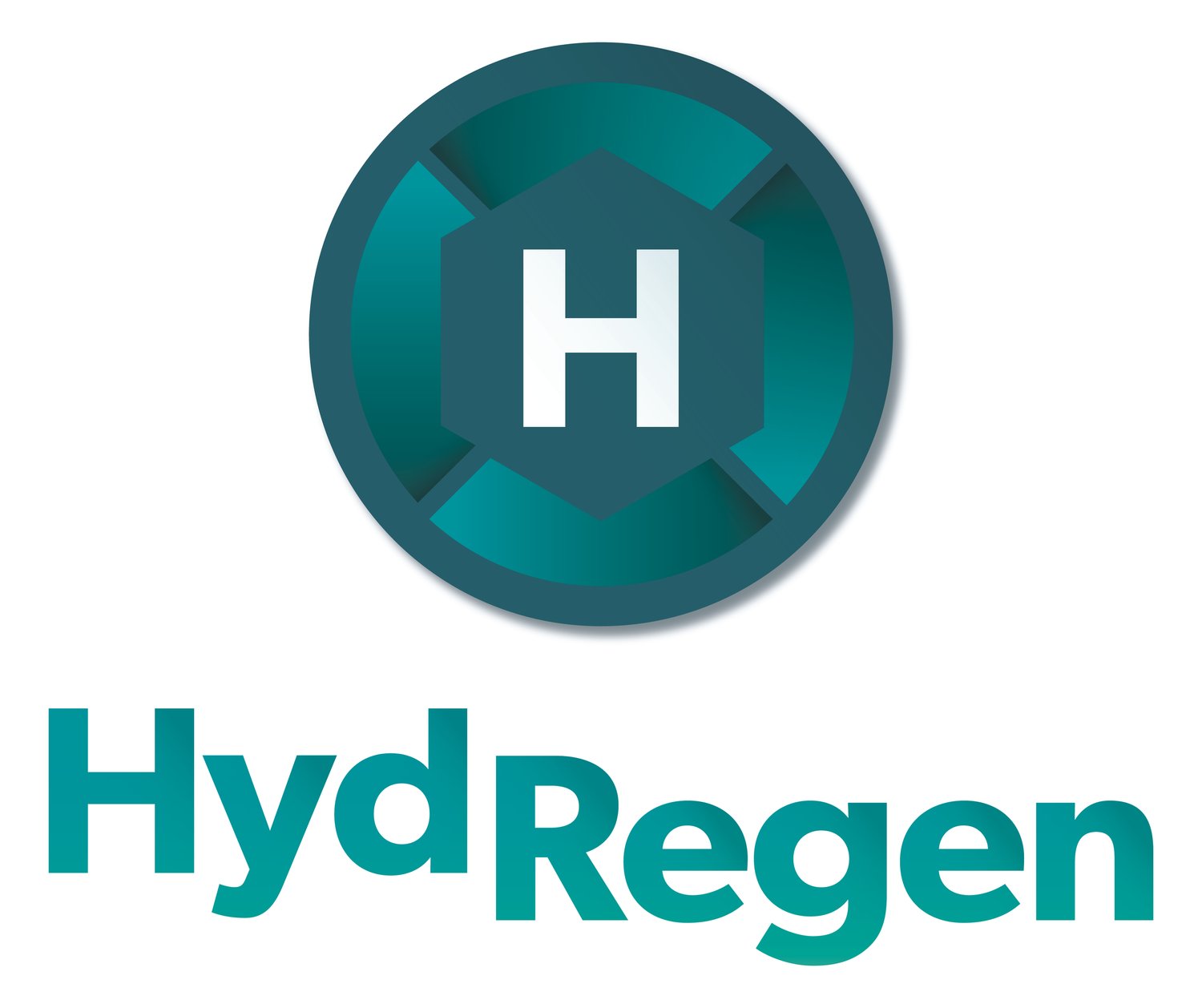Autoclave Systems for Scalable and Efficient Hydrogenation
Hydrogenation, a fundamental chemical process with broad applications across petrochemicals, pharmaceuticals, and food production has traditionally relied on batch reactors. While effective for small-scale production and when multiple different products are required, rising production demands and tighter regulations on energy consumption and emissions are shifting the chemical industry towards advanced autoclave solutions to enhance their hydrogenation processes.
Heavy Metal Detox in Hydrogenation: How Bio-Based Enzymes are Driving a Sustainable Future
Hydrogenation, a key process in industries like petrochemicals, food production, and pharmaceuticals, has long relied on heavy metals such as platinum, palladium, and nickel as catalysts. These metals, while highly effective, present significant environmental, supply chain, and cost challenges. The growing pressure to adopt more sustainable practices is prompting the chemical industry to explore alternative solutions, with bio-based enzymes emerging as a promising alternative. This shift represents an important step toward reducing the industry’s environmental footprint while maintaining efficiency and reducing costs.
Shaping the Future of Chemicals: Next-Gen Technologies for Sustainable Manufacturing
As the chemical manufacturing industry faces the dual pressures of sustainability and rising cost competition, it’s clear that next-generation technologies cannot rely on a “green premium” to succeed. While these emerging solutions offer significant benefits including reducing environmental impact, improving safety and fostering market growth, the challenges of implementation and cost must be carefully considered.
Limitations of a Glucose-Fueled Bioeconomy for a Sustainable Chemical Industry
Despite its potential, there are significant challenges and limitations to consider before bio-based manufacturing it can be classed as a truly sustainable alternative.
Investing in Green Chemistry: Why BioTech is a Big Opportunity
As regulations tighten and consumer demand shifts toward sustainability, the industry must adapt. Green chemistry offers a key part of this adaptation, presenting a major opportunity for investors and manufacturers to drive innovation in sustainable chemical processes.
From Global to Local: The Strategic Shift Towards Reshoring Essential Chemical Manufacturing
In recent decades, globalisation enabled the chemical manufacturing industry to outsource production to regions with lower labour costs, abundant raw materials, and favourable regulatory environments, resulting in reduced production costs and higher profit margins. However, this global expansion also increased exposure to risks, volatile pricing, and complex supply chains.
Today, geopolitical tensions, supply chain vulnerabilities, and rising environmental concerns are driving companies to consider reshoring—bringing essential chemical manufacturing back home in a strategic shift from global to local.
Sustainable Chemical Manufacturing: The Scale of the Challenge
Despite its significant carbon footprint, the chemical industry occupies a unique position. As the third-largest global emitter of CO2, it is also poised to play a leading role in advancing sustainability efforts and reducing emissions across other sectors.
The task is monumental, but so are the opportunities. Achieving this transformation will require innovative technologies and robust support from policies and investment.
From Harsh to Harmonious: The Shift in Chemical Processing
As global focus shifts toward sustainability, there is a growing need for safer, more efficient alternatives that minimise energy use and environmental impact.








